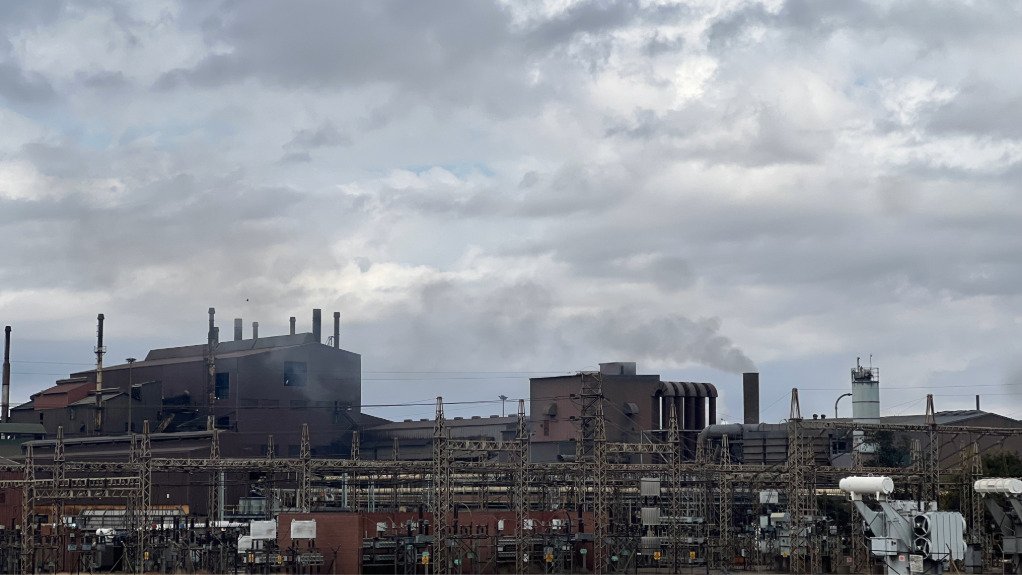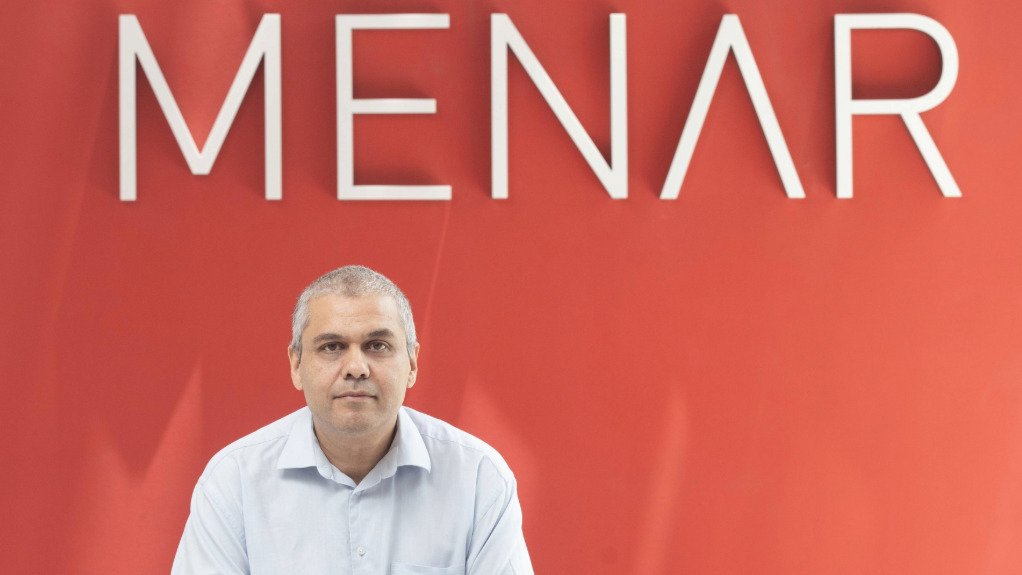The acquisition of Metalloys by Menar Capital and Ntiso Investment Holdings signifies a move towards revitalising the manganese alloy industry in South Africa, which has experienced a decline in production over recent years, highlights Menar special projects head Waheed Sulaiman.
Khwelamet, as the business and plant will be known going forward, will be operated as a subsidiary of Khwela Capital, which is jointly owned by Menar Capital and Ntiso Investment Holdings.
Detailing the significance of Khwelamet’s acquisition from past owners Samancor, Sulaiman says it provides Menar with options to process its own manganese ore and third-party ore, thereby representing a strategic asset owing to the existing infrastructure, skills available in the surrounding Meyerton area and licensing permits.
The acquisition also enables Khwelamet to leverage the smelter complex’s existing rail infrastructure to transport manganese from the Northern Cape to minerals export-capable ports.
“Before its closure, the smelter complex was a significant contributor to global ferromanganese output, and it also supported South Africa’s manganese mining sector.
“Reviving the complex is a key step to reindustrialising South Africa, allowing us to take advantage of our abundant raw manganese reserves,” outlines Sulaiman.
Currently, South Africa exports most of its raw manganese ore to China, where it is beneficiated and used in the global steelmaking industry, thereby representing a lost in-country beneficiation opportunity for South Africa, as both minerals-derived revenue and jobs are being exported.
Nonetheless, through Khwelamet, Sulaiman says there remains hope to inspire the redirection of employment opportunities and divert revenue generation back to South Africa.
Energy Challenges, Smelting Technology
South Africa’s ferromanganese sector has declined over time owing to unreliable power supply and the high cost of electricity.
Despite these challenges, Sulaiman says Khwelamet is exploring multiple options to ensure the availability of sufficient, uninterrupted power to support beneficiation operations.
He further highlights that the Khwelamet smelter complex has its own power generation capacity, which will be used to supplement Eskom’s supply.
With South Africa’s declining reliance on loadshedding to stabilise the grid, Sulaiman also highlights that Menar is currently involved in conversations with Eskom to develop more competitive electricity tariffs for Khwelamet to alleviate the high costs of operating an energy-intensive smelting operation.
In this regard, he also points out that the implementation of modern smelting technology will assist in alleviating some of the issues that led to the complex’s closure, such as electricity costs and the reliability of power supply.
The manufacturing options currently under consideration for the planned restart of the Khwelamet smelter include using existing electric arc furnaces (EAFs) on-site or building new advanced technology blast furnaces.
Sulaiman notes that EAFs have a lower environmental footprint compared with traditional blast furnaces.
“We are also exploring the potential of applying innovative technology to the existing EAFs, which could dramatically reduce electricity consumption and emissions,” he adds.
Immediate Aims
Khwelamet, says Sulaiman, is intent on building a vertically integrated manganese business, providing a business model upon which to generate synergies across the manganese value chain.
Regarding the importance of establishing open communication channels with communities surrounding the complex, he says Khwelamet has conducted due diligence to ensure that they identify key stakeholders and community forums that need to be engaged.
Further, the rail siding at the smelter complex offers “great optionality” in that it is connected to the national rail network and includes facilities to directly load rail containers and wagons.
“We will then focus on setting the business up for long-term success through starting up limited industrial activities,” concludes Sulaiman. ![]()







